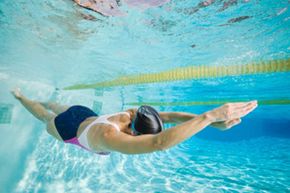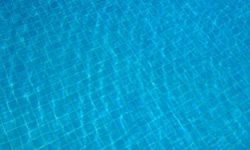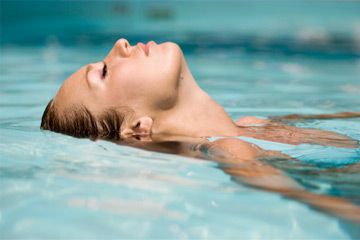Even though eating before swimming may not increase the risk of drowning, it may not be a bad idea to wait a little bit to jump in the pool after a big meal. If you do hop into the water right after you eat, you could develop minor cramps. Let's look at how this works.
The key to understanding this small possibility is to know that your body will always work to take care of its energy needs and that conflicting needs can cause problems. When you exercise, your body's conflicting needs can cause problems. Here's what happens:
Your muscles need oxygen and nutrients while swimming. The heart pumps blood faster to ensure these muscles get what they need. But when you've just had a meal, your digestive system is also hard at work. It demands a significant blood supply to break down the food and extract nutrients.
So, you have two significant systems competing for a substantial amount of blood supply. Sometimes, under this dual demand, the body might not manage blood distribution efficiently, potentially leading to minor muscle cramps since the muscles might be slightly deprived.
However, it's important to note that the body won't compromise the blood flow to the extent that it would hinder the functioning of arm and leg muscles significantly. Hence, the fear of drowning due to inhibited blood flow after eating a meal is a myth.


